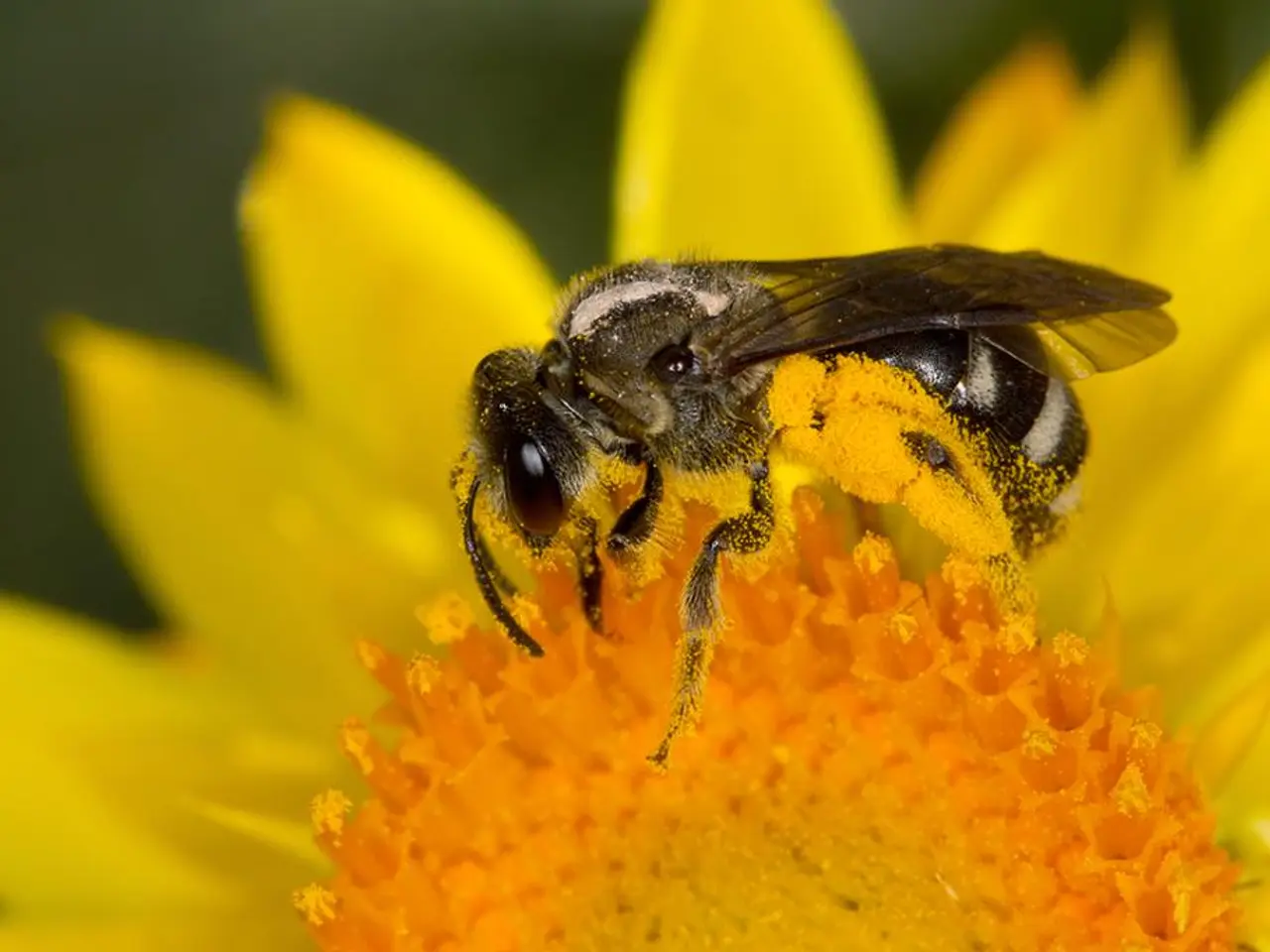Understanding Yellow Fever
In the spirit of ensuring a safe and enjoyable travel experience, it's crucial for globetrotters to stay informed about yellow fever outbreaks in their intended destinations. Both the Centers for Disease Control and Prevention (CDC) and the World Health Organization (WHO) provide regular updates on yellow fever activity worldwide.
To minimize the risk of yellow fever transmission, adhering to a few simple precautions can make a significant difference. These include avoiding mosquito bites by using insect repellent containing DEET on exposed skin, wearing long-sleeved shirts and long pants, especially during peak mosquito activity times (dawn and dusk), and staying in accommodations with air conditioning or screened windows and doors.
For those planning to visit yellow fever-endemic regions, such as parts of Africa and South America, it's strongly recommended to receive a single dose of the live attenuated yellow fever vaccine at least 10 days before travel. This vaccine, which usually provides lifelong protection, is administered as a single dose and offers protection for up to 10 years or longer.
However, it's essential to consult with a healthcare provider before getting vaccinated, especially if you have underlying health conditions or are pregnant. Some countries require proof of vaccination for entry, and certain groups (infants under 1 year, pregnant or breastfeeding women, older adults, and immunocompromised persons) may require special medical consideration.
In countries like Germany, including cities like Berlin, you can find specialized clinics that provide the yellow fever vaccine. In some cases, other vaccinations may be recommended alongside the yellow fever vaccine, especially if you are traveling to multiple countries. Consult your healthcare provider for personalized advice.
While the yellow fever vaccine is highly effective, common side effects include fever, headache, muscle pain, fatigue, and injection site reactions (redness, swelling). Serious side effects are rare but can occur, so it's crucial to discuss any concerns with your healthcare provider before vaccination.
Reducing mosquito populations around your home or accommodation can significantly lower your risk of bites. This can be achieved by removing standing water from containers, tires, and other areas where mosquitoes breed, keeping gutters clean and free of debris, and using larvicides in water bodies that cannot be drained.
By taking these precautions and ensuring you are vaccinated, you can significantly reduce your risk of contracting yellow fever and enjoy your travels with peace of mind!
Read also:
- Understanding Hemorrhagic Gastroenteritis: Key Facts
- Stopping Osteoporosis Treatment: Timeline Considerations
- Tobacco industry's suggested changes on a legislative modification are disregarded by health journalists
- Expanded Community Health Involvement by CK Birla Hospitals, Jaipur, Maintained Through Consistent Outreach Programs Across Rajasthan








